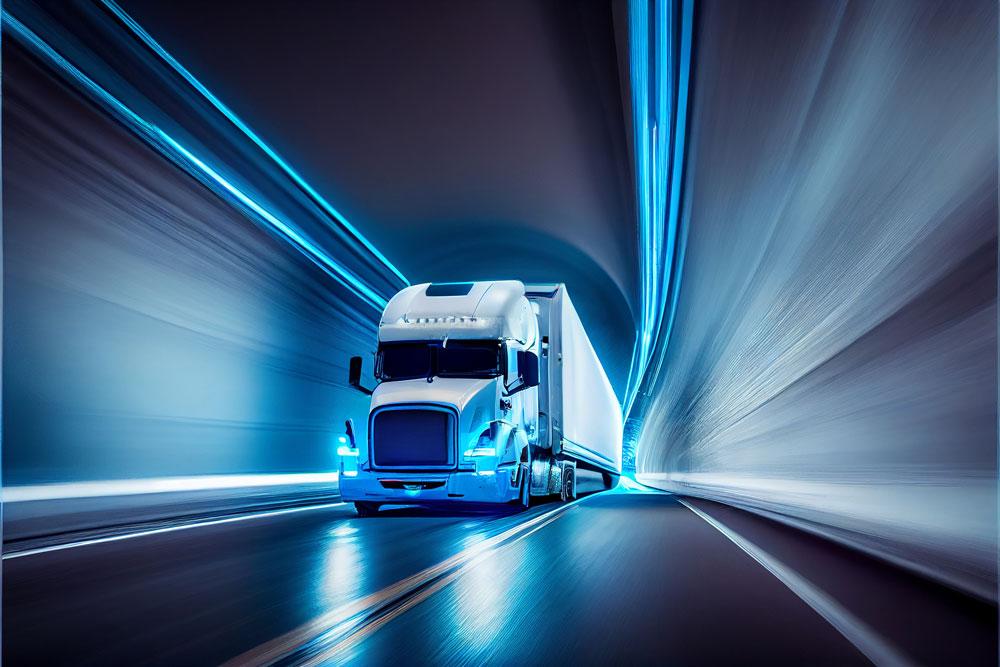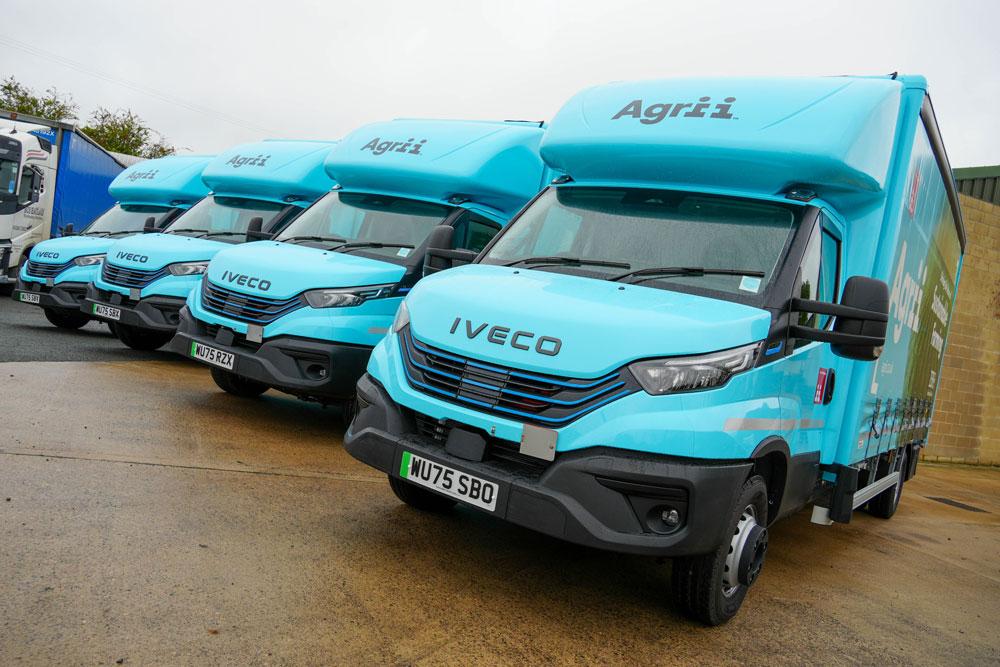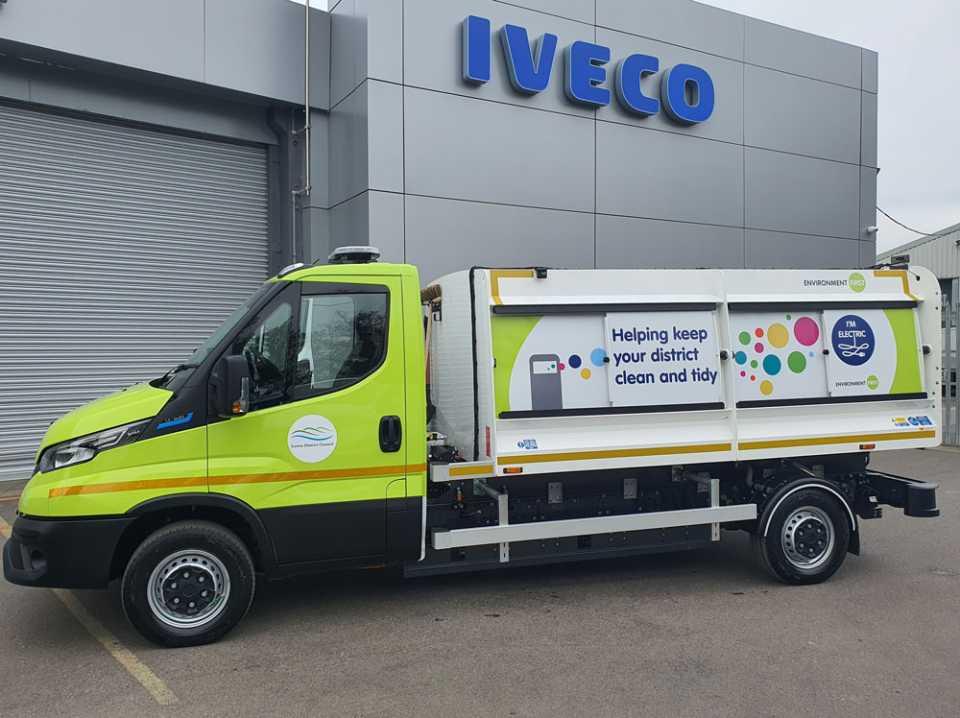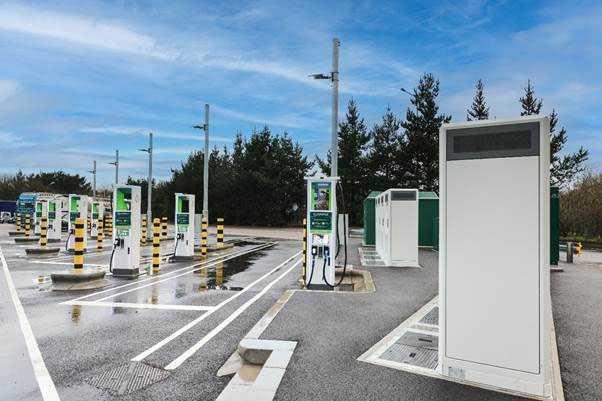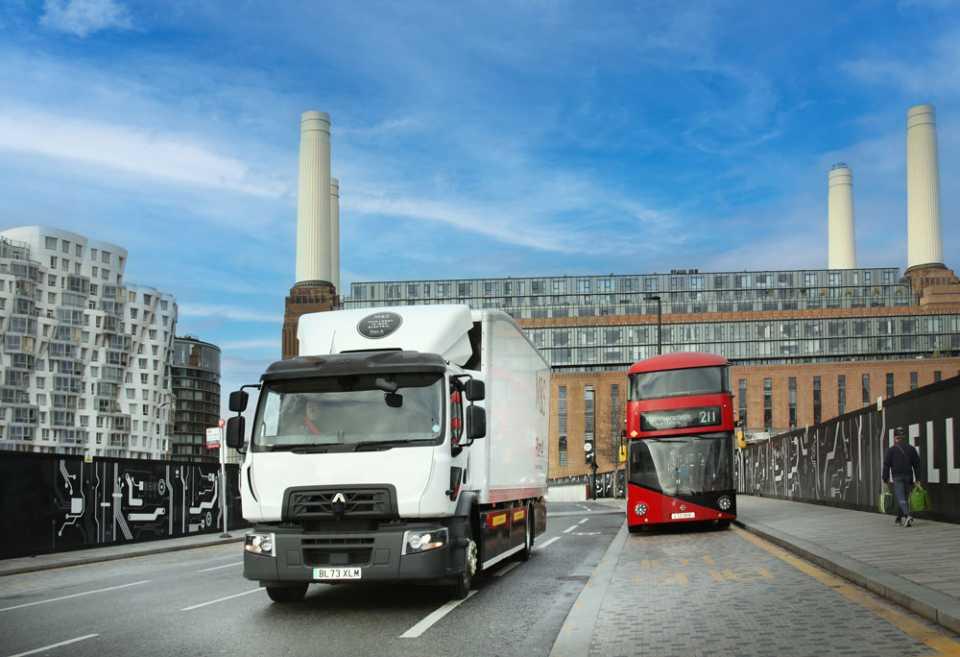Practical, real-world considerations must be reflected in government policies if the logistics sector is to successfully get to net zero, writes Chris Ashley, head of policy for environment & regulation, at the Road Haulage Association (RHA)
There are massive challenges ahead for logistics and coach operators as we play our part to decarbonise. We support the overall goal to achieve net zero and our 8,000 RHA members are willing to make the investments in new technologies to help make it happen.
There are however significant challenges to decarbonise HGVs and coaches so we’re lobbying government to ensure that practical, real-world considerations are reflected in their current and future policies.
The transition away from fossil fuels is not as straight forward as some might believe. For an operator it’s not quite as simple as going out and buying an electric truck, which can be far beyond their means – especially for small businesses. Currently, when 98.5 per cent of the UK HGV fleet is diesel, and 89 per cent of goods in the UK transported is by road, the scale of phasing in new, alternatively fuelled HGVs is enormous.
What are the challenges?
The challenges broadly break down into four areas: cost, infrastructure provision, how untested zero-emission vehicles perform, and uncertainties over which technologies will prevail.
Underlying these areas are two further issues – how the highly specialised and diversified nature of haulage operations serving all parts of the UK economy is sustained, and how the small businesses whom we predominantly represent are supported through the transition
Whilst we support the £200m investment by the government in zero-emission heavy duty vehicle trials, we firmly believe that a national decarbonisation “roadmap” charting the path to 2050 should be developed. We welcome that the recent Transport Committee report “Fuelling the future” reaffirmed this need through its call for an HGV decarbonisation strategy.
Why is a roadmap necessary?
We see the roadmap as essential for four reasons. First, it should clearly set out how different technologies – battery, hydrogen combustion, hydrogen fuel cell and low-carbon fuels – can deliver the net zero targets set by Parliament. This will then provide the necessary certainty to empower industry to do what it does best – allocate resources efficiently to invest in these technologies as part of natural business planning cycles that address their customer needs. In this way, businesses across the entire UK economy will then be assured that their goods transportation requirements are met.
Secondly, it should articulate how the State can create the necessary and favourable conditions to facilitate the switch away from diesel. We believe public sector investment is best directed in infrastructure provision and supporting research and development in the different decarbonising technologies. Regulations should be targeted at reducing costs – this ranges from simplifying the planning system to allow new fuelling infrastructure to be built, through to incentivising the mass production of zero-emission vehicles to reduce capital costs.
Thirdly, it should recognise how industry can undertake the financial “heavy lifting” to introduce these technologies. This requires an understanding that transport decarbonisation can be achieved through new vehicles being phased-in through natural vehicle replacement cycles. This brings three benefits – the continuous reduction in harmful emissions, zero cost to the taxpayer with the need for expensive scrappage schemes removed, and a framework that allows our vital small businesses to participate.
Finally, clarity is required on the long-term use of diesel. Recently, the EU published a new CO2 emissions reduction target for heavy duty vehicles of 90 per cent by 2040 from 2019 levels. This 90 per cent target is significant as it recognises the technical complexities of reducing emissions from hard-to-decarbonise use-cases, such as long-distance haulage. Government must not only confirm how these operations are supported but also articulate how resilience is maintained in the event of prolonged power cuts. We see low-carbon fuels such as renewable diesel, appropriately regulated with its carbon emissions offset, having a role here.
We’re saying to government that delivering this will require coordinated activity across many departments and external agencies – and must involve industry.
Immediate carbon savings
An immediate measure ministers can implement is to incentivise the use of low carbon fuels such as HVO or CNG through a fuel rebate linked to emissions reduction. Public sector investment in the infrastructure needed to power alternatively fuelled vehicles is needed. We also believe that investing in green skills and ensuring employers can access funding to target training will help.
More HGV parking spaces which would allow alternatively fuelled commercial vehicles to be refuelled is a must. This could deliver other benefits for our industry too. There’s a shortage of around 11,000 safe lorry parking spaces across the country. Thousands of truckers every night therefore are forced to park in laybys, industrial estates and other less-than-secure spots – a perennial barrier to attracting younger people behind the wheel of our trucks.
The current reality however is that the high costs associated with zero-emission vehicles, together with the uncertainty from government over how it sees different technologies collectively reducing carbon emissions, act as formidable barriers to investment. No haulier wants to end up with “stranded assets” – vehicles that they can’t shift.
We also continue to urge ministers to learn from the well-intended but flawed Clean Air Zones (CAZ). This policy, designed to reduce NOx pollution as quickly as possible, squeezed small businesses detrimentally due to the vehicle market not being able to meet the government’s compliance standards. This translated as there not being enough Euro VI trucks in the second-hand market that smaller firms on low profit margins rely on to replenish their fleets. Compounded by a collapse in the market value of their older, ‘non-compliant’ Euro V trucks and supply-chain delays in receiving new trucks, many operators struggled to keep up. This became a vicious circle for many small businesses when faced with up to £100 daily charges to enter CAZs – few can withstand that kind of hit for too long.
We are particularly concerned that the government doesn’t fully understand the different commercial dynamics that small businesses face compared to large corporates – for example, small businesses have limited buying power and a lower appetite for risk. Within a low margin sector such as transport, it is essential that policymakers understand that residual values underpin our sector’s ability to invest in decarbonising solutions.
The vast majority of commercial vehicle operators are SME – and this is reflected in our membership. It’s crucial that this reality is recognised if we’re to embark on the most efficient, effective and inclusive journey to net zero.

